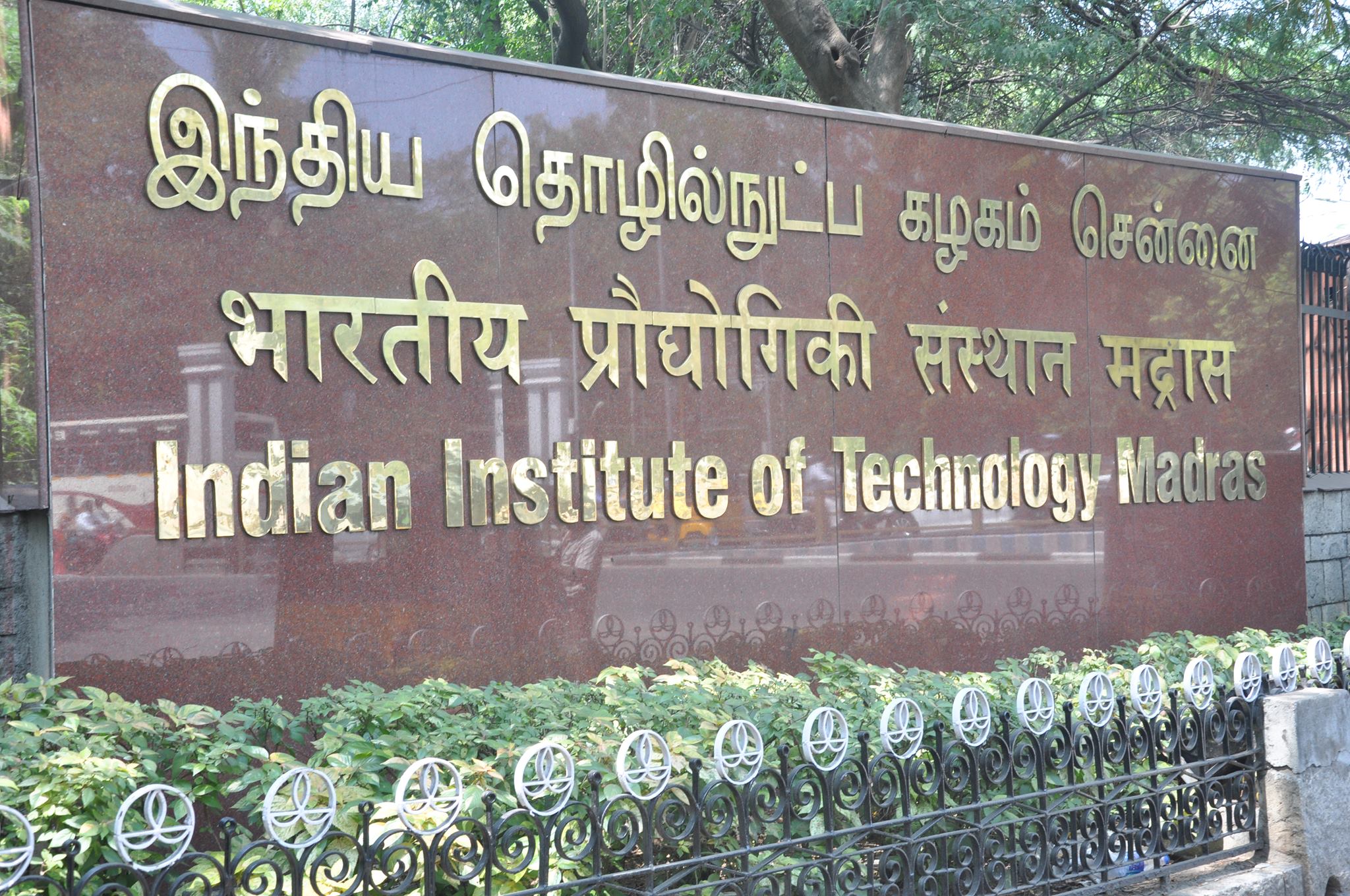The Biden administration has replaced and expanded Trump-era restrictions on investing in certain Chinese firms deemed supportive of that country’s surveillance and military apparatus. Major tech, space and telecom companies are listed in the initial 59 covered by the executive order, with more to come by order of the Treasury.
“I find that the use of Chinese surveillance technology outside the PRC and the development or use of Chinese surveillance technology to facilitate repression or serious human rights abuse, constitute unusual and extraordinary threats,” writes President Biden in the introduction to the order.
The E.O. has its roots in the Trump administration’s long-running and evolving blacklist of Chinese companies, whether for government procurement, private investment by U.S. firms, or other purposes. Major tech companies like ZTE and Huawei were put on the list straight away in 2019, but others were steadily added over time.
The Biden order refines these orders, revising certain portions and expanding others, particularly in the definition of what constitutes dangerous behavior or collaboration with Chinese authorities. Notably it stretches this to cover companies involved in domestic surveillance of Uygur Muslims in China and political dissidents in Hong Kong and elsewhere.
The new list of companies includes many of those listed over the last two years and adds plenty more. Seemingly any major company that deals with tech, communications or aerospace is at risk of being entered on the list, from China Mobile and China Unicom to China Aerospace, Hikvision and SMIC. Direct investment in the companies is disallowed, as is investing in an intermediary such as an index fund that includes one of the prohibited companies.
The Treasury — rather than the Defense Department, as it was previously — is given the responsibility of maintaining and updating the list, either adding to or subtracting from it.
“Tackling these challenges head-on is consistent with the Biden administration’s commitment to protecting core U.S. national security interests and democratic values, and the administration will continue to update the list of PRC entities as appropriate,” read a fact sheet accompanying the order.
Clearly, the White House aims to continue and refine the trade war with China started by Trump. Whether U.S. pressure will be enough to influence Chinese policy or if the international community’s support will be necessary may soon be clear as the president goes to visit allies in search of support on this and other measures.
(The story is based on a TechCrunch report)





